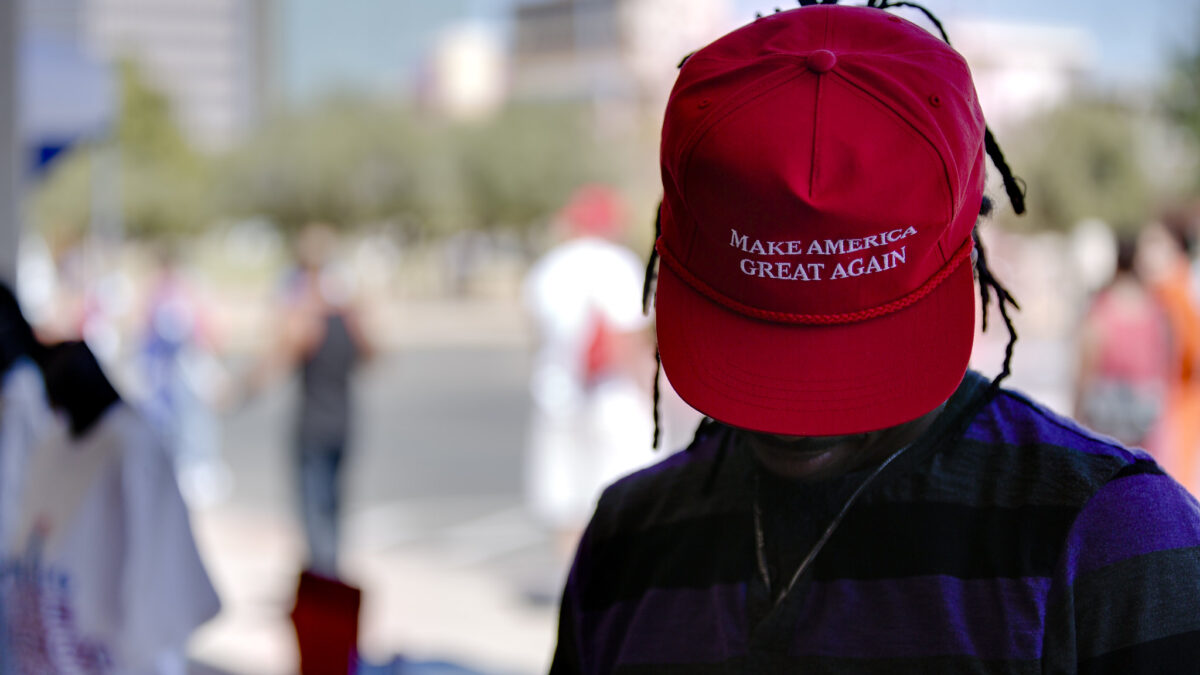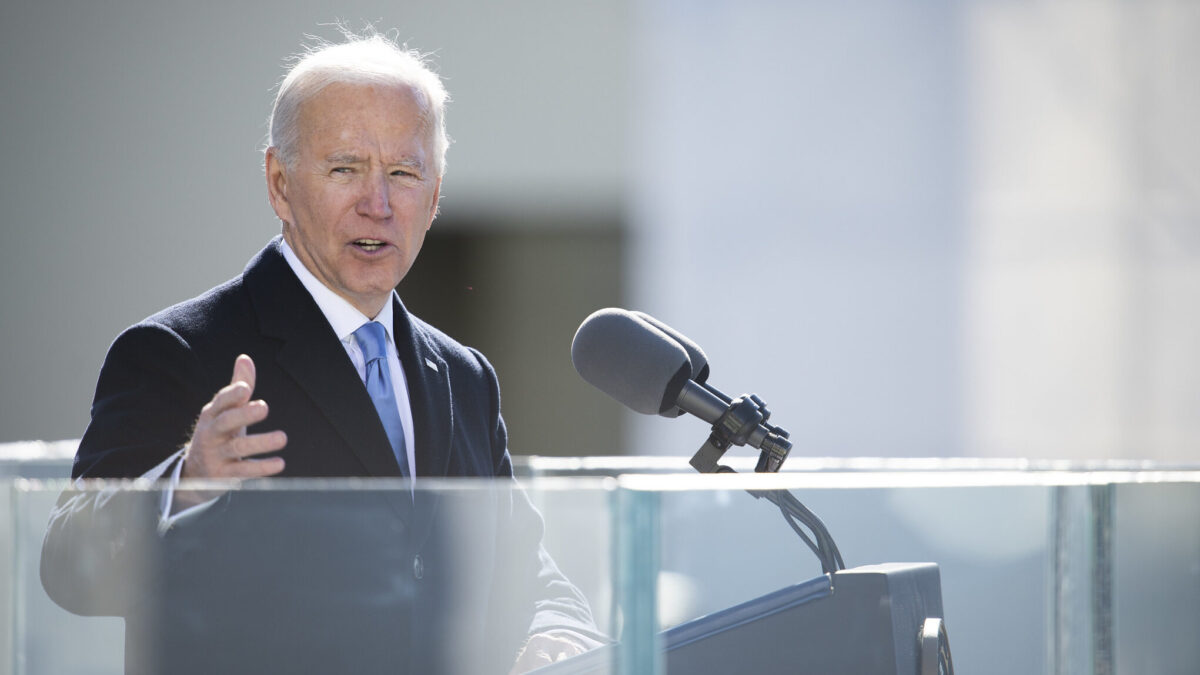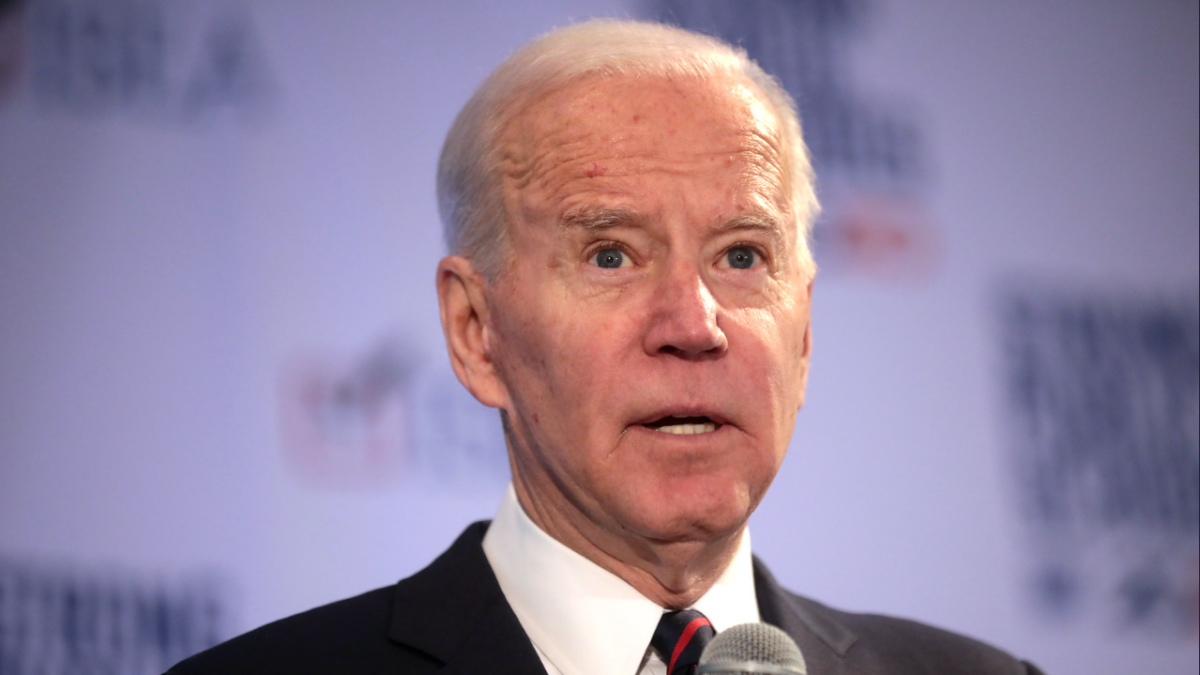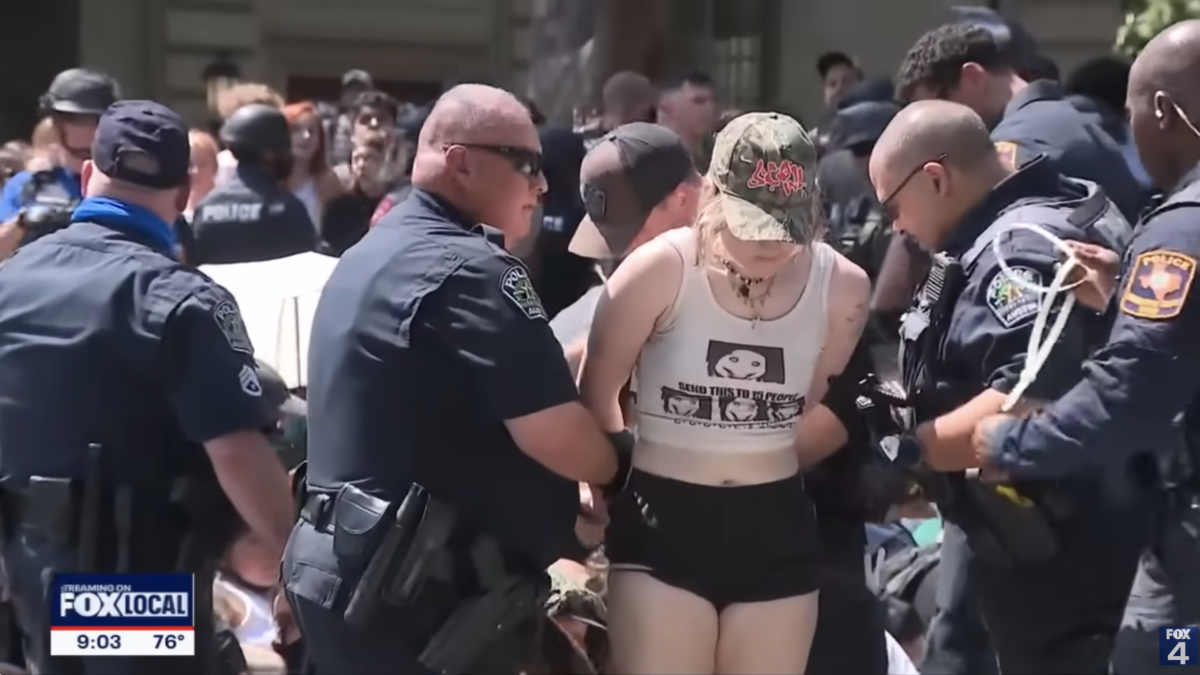This week, 10 major broadcast outlets as well as USA Today and the Associated Press signed a joint letter urging both President Joe Biden and his GOP challenger, former President Donald Trump, to debate each other. Though none of the country’s leading newspapers including The New York Times, The Washington Post, or The Wall Street Journal signed, the document represents the opinion of a broad cross-section of the corporate media including the legacy broadcast networks, PBS, and NPR, with one conservative outlet, Fox News, also joining.
The signatories are right. Americans deserve presidential debates in 2024. The debates provide the only chance for voters to see the candidates matched up against each other in person. Their effect on the results may not be as dramatic as the claims made during the usual pre- and post-debate hype. The quality of the discourse and the various formats employed are also usually far from ideal. But they are the most watched element of campaign coverage all year. As such, they give the electorate a better understanding of their choices than the endless stream of television commercials and social media ads to which they are subjected throughout the election cycle.
But despite the pleas of the networks, 2024 is likely to be the first time there will be no presidential debate in over 50 years. And the reason won’t be due to the Republicans’ justified distrust of the Commission on Presidential Debates, which has, despite its claims of bipartisanship, often demonstrated bias in favor of Democrats. It won’t be because the GOP thinks that holding the commission’s scheduled debates on Sept. 16, Oct. 1, and Oct. 9 is wrong since, due to early voting rules, many Americans will have already cast their ballots before they are held.
Treating Trump as Illegitimate
The main reason Democrats are likely to refuse also isn’t because the visibly aging and often infirm Biden may not be up to the challenge of staying on his feet and remaining relatively coherent during the three grueling 90-minute sessions the commission has set.
If no debates occur, the most likely reason will not be disputes about the dates or the rules or even the Democrats’ efforts to bubble-wrap Biden to avoid reminding voters of how infirm he appears to have become.
It will be because the whole point of the 2024 Democratic campaign is to treat Trump and the Republican Party as unworthy of the normal courtesies extended to political opponents in a free country. Democrats have done everything they can to imprison Trump on a variety of bogus criminal charges with the main focus of their pitch to voters being that defeating him is essential to the survival of democracy.
The mere act of Biden standing alongside his opponent and being forced to answer his questions and arguments, regardless of how unfair the formats or the moderators might be, undermines that premise. The pretense that the faltering, hyperbolic Biden is the standard-bearer not of a political party but of the defense of the American way of life against a criminal is incompatible with the traditional norms of democratic elections.
The heavy lifting for the case that Biden shouldn’t deign to debate Trump won’t be done by his campaign. It will be the work of Democrat prosecutors in trials like the farce being played in Manhattan, where Trump is being tried for a campaign finance violation by a state court rather than a federal one because of the absurd claim that paying hush money to Stormy Daniels was an unreported contribution. And if jurors in deep-blue New York City convict him on this ridiculous charge, it will be all the reason Biden needs to declare that he can’t debate a felon, even if everyone involved knows any conviction won’t withstand appellate scrutiny. The other Trump trials, if any or all of them are held before the election, will provide the same service to Democrats.
Not since Nixon
The last time there was no presidential debate was in 1972, when President Richard Nixon refused to accept a challenge from Democratic candidate Sen. George McGovern, whom he would defeat in a historic landslide. Nixon had famously suffered from the comparison with the more telegenic John F. Kennedy when the pair engaged in the first televised presidential debate in 1960. But President Lyndon Johnson felt no need to debate Sen. Barry Goldwater in 1964 before his post-Kennedy assassination landslide win. And Nixon, who was clearly gun shy about debates after being subjected to mockery for his five o’clock shadow in 1960 and of the opinion that engaging in one would only help his underdog Democratic opponent, turned away Vice President Hubert Humphrey’s challenge before winning in 1968 and did the same four years later.
Since then, the debates have become not merely a respected tradition but also the main events of the presidential campaign, with challengers and incumbents feeling they had an obligation to participate even when they had little to gain by doing so. The debates have reminded no one of Abraham Lincoln and Stephen Douglas, though it’s hard to imagine contemporary audiences sitting placidly through the lengthy orations that were given during their confrontations in their 1858 Illinois Senate campaign. But no matter how bad the performances or puerile the exchanges, they did give voters some idea of the candidates’ stands on the issues.
The Biden campaign and the White House have already refused to commit to debate a number of different times, something that no major party candidate has done since Nixon. And it’s possible that Democrats will use the GOP trashing of the commission as the excuse. The chances that they will engage on Trump’s terms — he wants more debates and for them to be held earlier — are also negligible. They’ll also note that Trump refused to debate other Republicans during the 2024 election cycle and call him a hypocrite. Although Biden similarly refused to engage with any potential Democrat challengers, making the process that had already been stacked against them even more difficult.
Drugging Biden
As for Biden’s fitness for debate, while the evidence of his aging and confusion is often on display, he has managed to summon up the stamina for major events. That was true of his most recent State of the Union address last month, though the president’s oddly sped-up delivery and manic manner caused some informed observers, such as The Federalist’s Mollie Hemingway, as well as Trump, to wonder whether he had been administered some sort of drug. Democrats dismissed the accusation as proof of how well Biden had done, though polls showed that after the hyperpartisan rant, his approval ratings fell to an all-time low.
With that example in mind, as well as considering Biden’s enormous ego, age won’t likely deter the president from debating any more than it prevented him from running for reelection. And since Biden and the Democrats remain in denial about the fact that Trump has been leading the race all year after trailing every single day of both the 2016 and 2020 election cycles, the underdog’s need to score points against the favorite won’t likely motivate them to accept a debate with Trump.
This decision has been the most likely outcome since Democrats chose to turn the Jan. 6 Capitol riot into an “insurrection.” They have sought to depict the GOP as unworthy of power ever since. It also raises the question of how they will react if they do lose in November — with a Democrat insurrection of one sort or another a very real possibility.
The decision about debates will be one more indication that the Democrats’ claims about Republicans seeking to destroy democracy are pure projection. As with their attempts to throw Trump off the ballot, confiscate his income, and imprison him on absurd charges that would embarrass a banana republic, they are determined to win in 2024 by not accepting the legitimacy of the candidate preferred by approximately half the country and, as of now, the likely winner. That makes a debate on any terms a long shot at best. No matter whom you plan to vote for, that shortchanges the public and makes it clear that Democrats have no interest in a free and fair election.









